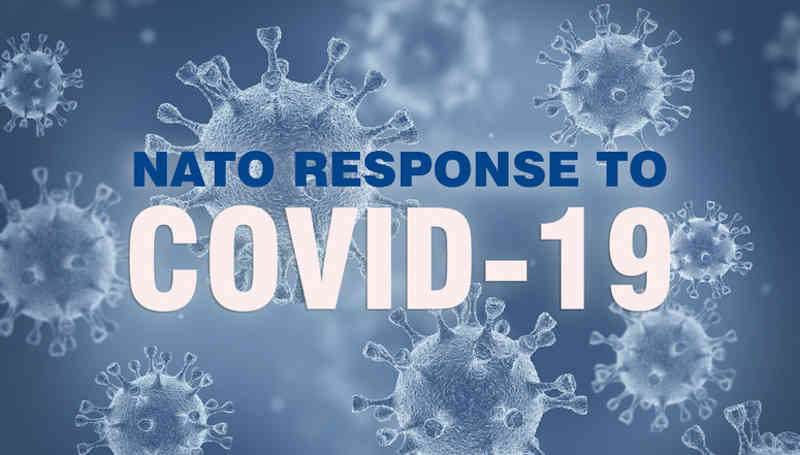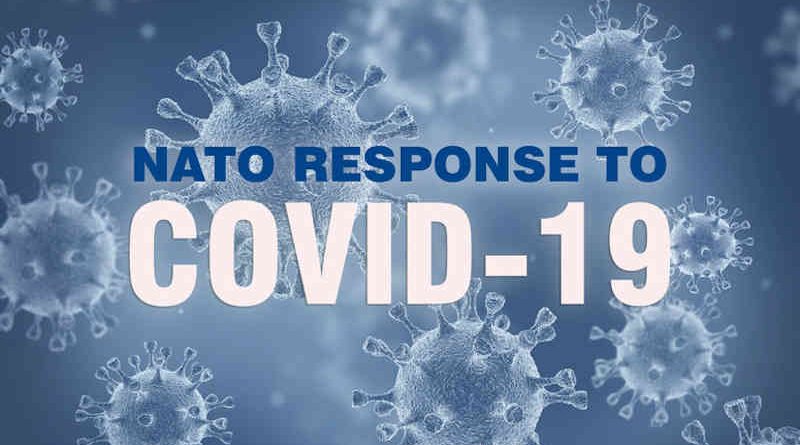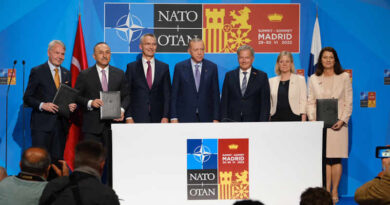How NATO Plans to Enhance Coronavirus Diagnosis

As part of its response to tackle coronavirus (COVID-19), NATO has launched a practical scientific project to develop new tools for a rapid and accurate diagnosis of the infection.
This multi-year project is launched within the framework of NATO’s Science for Peace and Security (SPS) Programme, and is led by scientists on the frontline of COVID-19 research from Italy’s Istituto Superiore di Sanità (National Health Institute) and Tor Vergata University Hospital together with the University Hospital of Basel University in Switzerland.
The 24-month initiative aims to enhance the speed and efficiency of COVID-19 diagnosis through a multidisciplinary approach, by bringing together experts in the field of immunology, virology, and molecular biology.
The project supports NATO’s efforts to enhance resilience and civil preparedness of Allied and partner nations, and highlights the Alliance’s commitment to further enhance research and development efforts to combat COVID-19.
| Download All Issues of Covid Health Bulletin | |
| April 16-30, 2020 | May 1-15, 2020 |
According to NATO, the results foreseen from this project are extremely relevant to the current pandemic, and they are expected to have a long-term impact on the international response to the spread of viruses on a large scale.
The NATO SPS Programme supports security-relevant civil science and technology addressing a set of Allied-approved priorities. In addition to this project, other SPS activities are also supporting the development of new technologies and capabilities relevant to the fight against COVID-19.
These are mainly in the fields of telemedicine, emergency response coordination, and the detection of biological threats.





